As we continue to look ever more deeply and more closely at what Plath has left us, we should consider her special sensitivity to the world and its impressions; how the boundaries between self and the other are not as permanent and inscrutable as may first appear; how through the cultivation of our poetic seeing, we can notice, along with Plath, ever more clearly the interconnectedness of all things, allowing for an ever more direct and intense experience of life and the world.
Love set you going like a fat gold watch. The midwife slapped your footsoles, and your bald cry Took its place among the elements. Our voices echo, magnifying your arrival. New statue. In a drafty museum, your nakedness Shadows our safety. We stand round blankly as walls. I’m no more your mother Than the cloud that distills a mirror to reflect its own slow Effacement at the wind’s hand. All night your moth-breath Flickers among the flat pink roses. I wake to listen: A far sea moves in my ear. One cry, and I stumble from bed, cow-heavy and floral In my Victorian nightgown. Your mouth opens clean as a cat’s. The window square Whitens and swallows its dull stars. And now you try Your handful of notes; The clear vowels rise like balloons. Morning Song (1961)
Sylvia Plath’s Morning Song is in my view one of her highest poetic achievements. It is confessional poetry (a genre Plath helped popularise), where the inner life of the speaker is laid bare and explored, often in common language. I am here using the poem as a starting-point to explore a crucial dimension of Plath’s work and personality. This dimension is noted in Heather McClave’s article on Plath, ‘Sylvia Plath: Troubled Bones’, featured in the 1980 edition of New England Review. McClave argues convincingly that the sense of ‘periphery […] the border between self and the other […] seems noticeably absent in Plath’. The result being that ‘her poetry can seem so direct and intense as to be virtually unmediated’.
The border between the self and the other is absent in Plath. Comprehending this point unlocks a vital lens for us when approaching her work, especially helping to account for the immediate and sometimes uncomfortable impact of her poems. We get the thing itself, as Harold Bloom would say.
Plath moves freely between the borders of images, blurring the boundary between identification with an image, and assimilation into the image. In a real sense Plath can say, along with the four-cornered Mirror in the first stanza of her poem of the same title, that ‘Whatever I see I swallow immediately / Just as it is’:
I am silver and exact. I have no preconceptions. Whatever I see I swallow immediately Just as it is, unmisted by love or dislike. I am not cruel, only truthful — The eye of a little god, four-cornered. Most of the time I meditate on the opposite wall. It is pink, with speckles. I have looked at it so long I think it is part of my heart. But it flickers. Faces and darkness separate us over and over.
It is this same synergy and closeness that the speaker of Ariel (1962), a poem written on Plath’s thirtieth birthday, tells of between Plath and her horse named Ariel, ‘God’s lioness’:
How one we grow, Pivot of heels and knees! (Lines 4 - 5).
Towards the poem’s end, as she looks out upon the ‘substanceless blue’ distance that invites contemplation, she describes herself as ‘Foam[ing] to wheat, a glitter of seas’, assimilating into the landscape. Indeed, in the poem’s final lines, the speaker casts herself as the morning dew that melts at dawn, ‘at one with the drive / Into the red / Eye, the cauldron of morning.’ Even in her earlier poem, Spinster (1956), this remarkable sensitivity to her surroundings is something she must be on guard against, lest her inner-world collapse under the weight of endless details and contingencies. ‘During a ceremonious April walk / With her latest suitor’, a girl found herself suddenly ‘intolerably struck’ by her surroundings. The following stanzas exhibit a kind of sensory overload:
Now this particular girl During a ceremonious April walk With her latest suitor Found herself, of a sudden, intolerably struck By the birds' irregular babel And the leaves' litter. By this tumult afflicted, she Observed her lover's gestures unbalance the air, His gait stray uneven Through a rank wilderness of fern and flower. She judged petals in disarray, The whole season, sloven. How she longed for winter then! — Scrupulously austere in its order Of white and black Ice and rock, each sentiment within border, And heart's frosty discipline Exact as a snowflake. But here — a burgeoning Unruly enough to pitch her five queenly wits Into vulgar motley — A treason not to be borne. Let idiots Reel giddy in bedlam spring: She withdrew neatly. And round her house she set Such a barricade of barb and check Against mutinous weather As no mere insurgent man could hope to break With curse, fist, threat Or love, either.
There is an extraordinary sensitivity to external stimuli here that develops especially in her later Ariel collection, though perhaps with less frustration being apparent. Within Sheep in Fog (1963), believed to be among the last of her poems to be finalised before her death, Plath tells of the brittle skin of the landscape which disintegrates and melts away before her: ‘The hills step off into whiteness’, and ‘the far / Fields melt my heart’. The speaker feels these externals with remarkable intensity as they impress upon her:
They threaten To let me through to a heaven Starless and fatherless, a dark water.
What is crucial to understand about this final assimilation is how passive it appears to be, as if Plath had run out of breath or will to fight towards the end. In Spinster, the speaker had shut herself in her house, ‘a barricade of barb and check’ against a world that was bearing down upon her. And aswell in Lady Lazarus (1962), she rises from a holocaustic conflagration of images as a phoenix from the ashes:
Out of the ash I rise with my red hair
The image is one of rebirth and transformation (though it is impure and not entirely benevolent). Within Sheep in Fog, however, one senses that Plath has already resigned herself to an afterlife of endless darkness, anticipating her full and final assimilation beyond boundaries and beyond thought. The fight has come to an end.
What I love about Morning Song in particular is that Plath’s special closeness with the world of things is here directed towards the most pure and innocent object of her care: a newborn baby, the physical presence of Plath’s younger self. She lies awake while her daughter’s ‘moth-breath / Flickers’, rising at dawn in response to her newborn’s ‘cry’: a ‘handful of notes’ that ‘rise like balloons’. Recall Samuel Taylor Coleridge’s Frost at Midnight (1798), where his infant son ‘slumbers peacefully’ with ‘gentled breathings […] in this deep calm’, all the while an ‘extreme silentness’ fills the cottage. Plath notices as the morning light shines through and ‘The window square / Whitens and swallows its dull stars’; a calm, transitional process. Nursing her newborn, she perhaps recalls her own childhood in the oceanside town of Winthrop, Massachusetts, listening as ‘A far sea moves in my ear’.
After reading Morning Song, I feel akin to the memorable first line—that I have been set going again. This is partly the relief of poetry and literature, that we experience renewal, a momentary starting-up, and are ready once again to continue on amidst the frustrations and inadequacies of everyday life. As we continue to read ever more deeply and more closely into what Plath has left us, I think we should consider her special sensitivity to the world and its impressions; how the boundaries between images (and, indeed, ideas and thoughts) are not as permanent as may first appear; how through the development and cultivation of our poetic seeing, we can notice, along with Plath, ever more clearly the interconnectedness of all things, allowing for an ever more direct and intense experience of life and the world.
In sum: we need to read more poetry to get us going again.




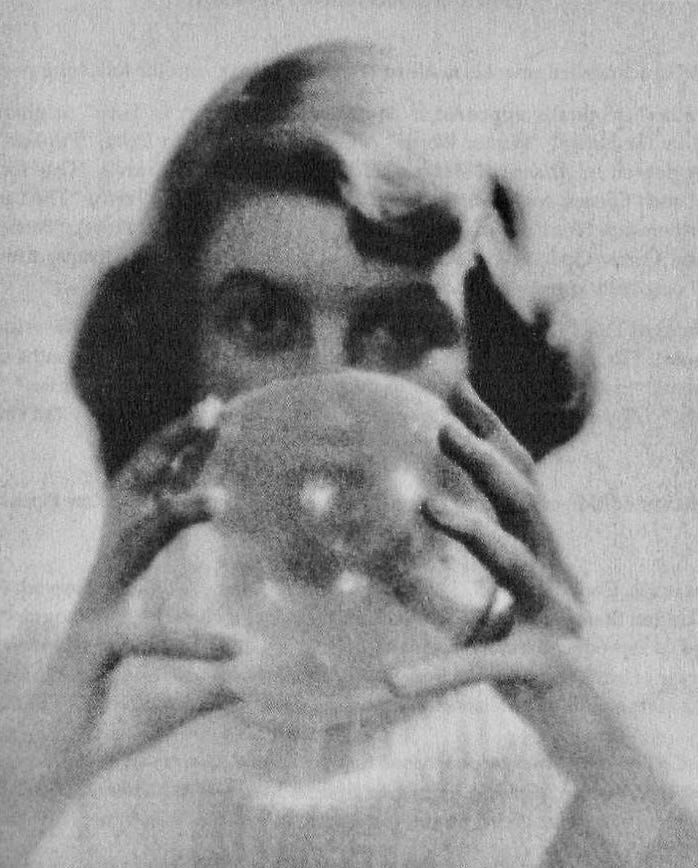
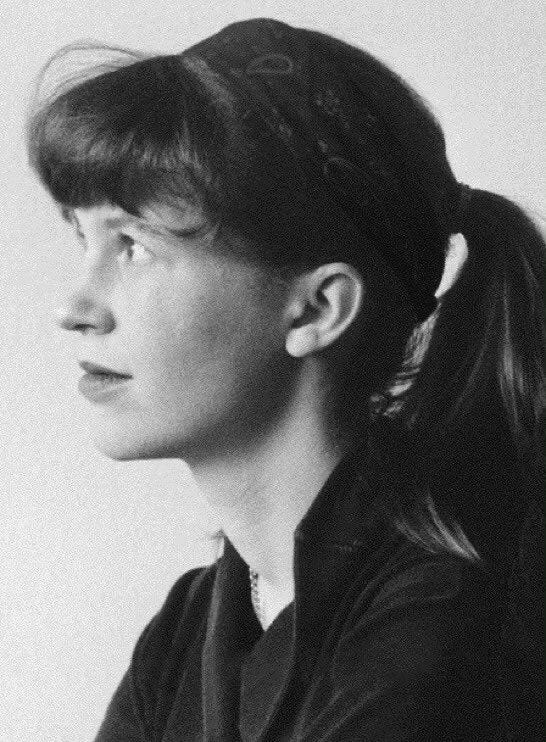
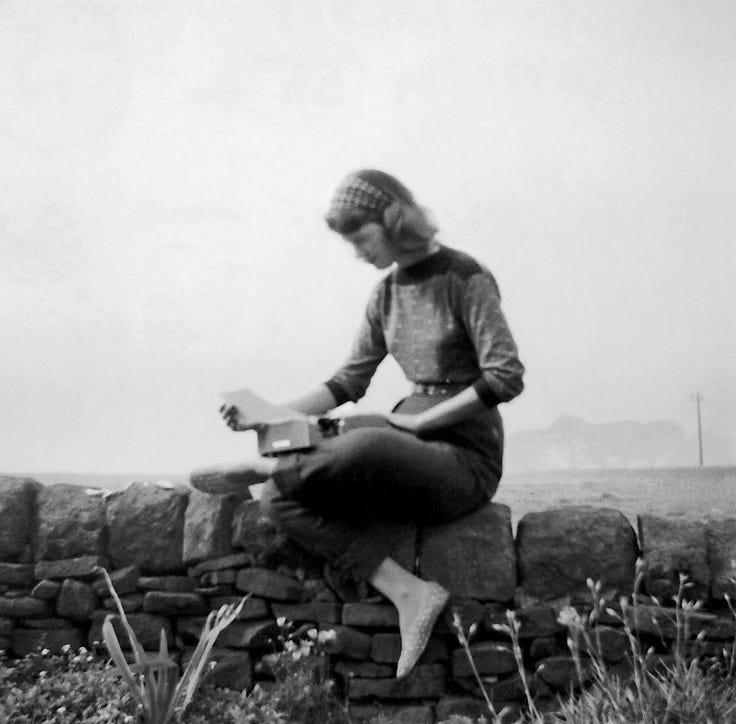
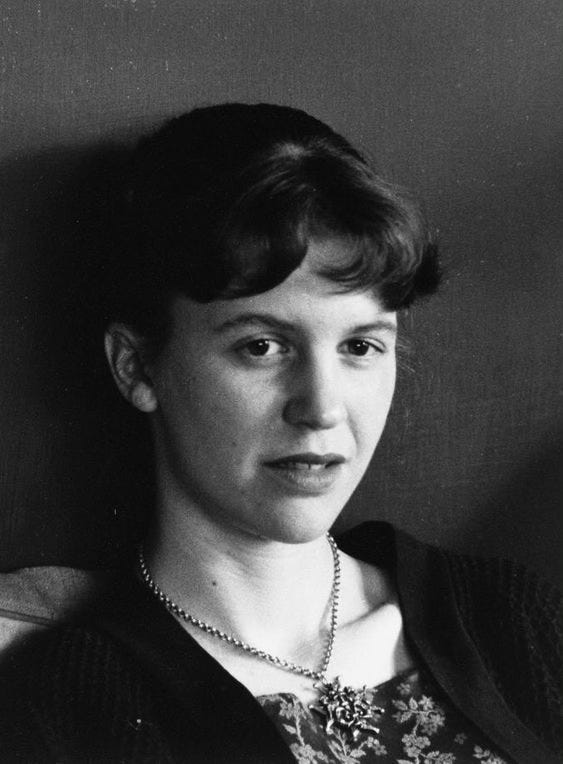
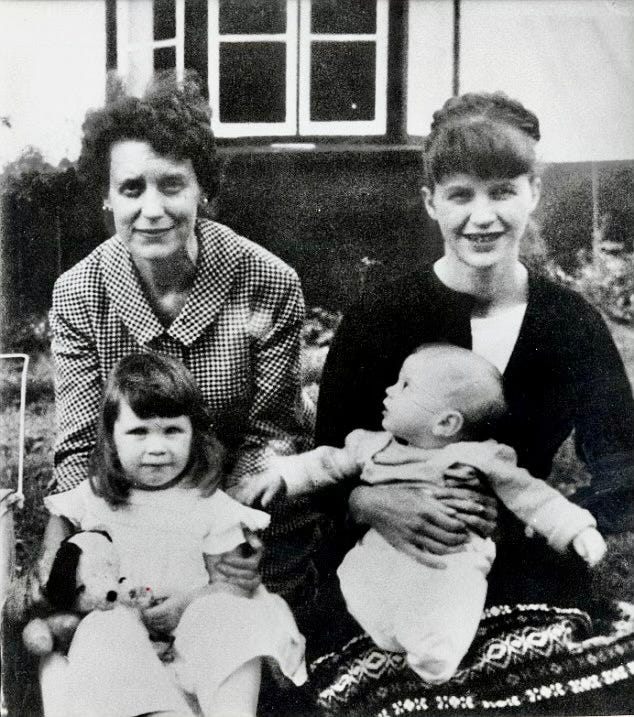
I deeply appreciate your revealing insights into Plath’s work. It humanizes her as like many of us, her world often feels too much. A sensory overload that blurs the lines between present and other, reality and fantasy.
Almost like the opposite ideas of Wordworth’s “The World is Too Much With Us”…he regrets feeling removed from nature’s powers, while Plath seems to wish perhaps a little reprieve from them.
Sylvia Plath was such a genius! Her attention to poetic nuance inspires my own poetry. I recently wrote an essay on her play for voices, Three Women.